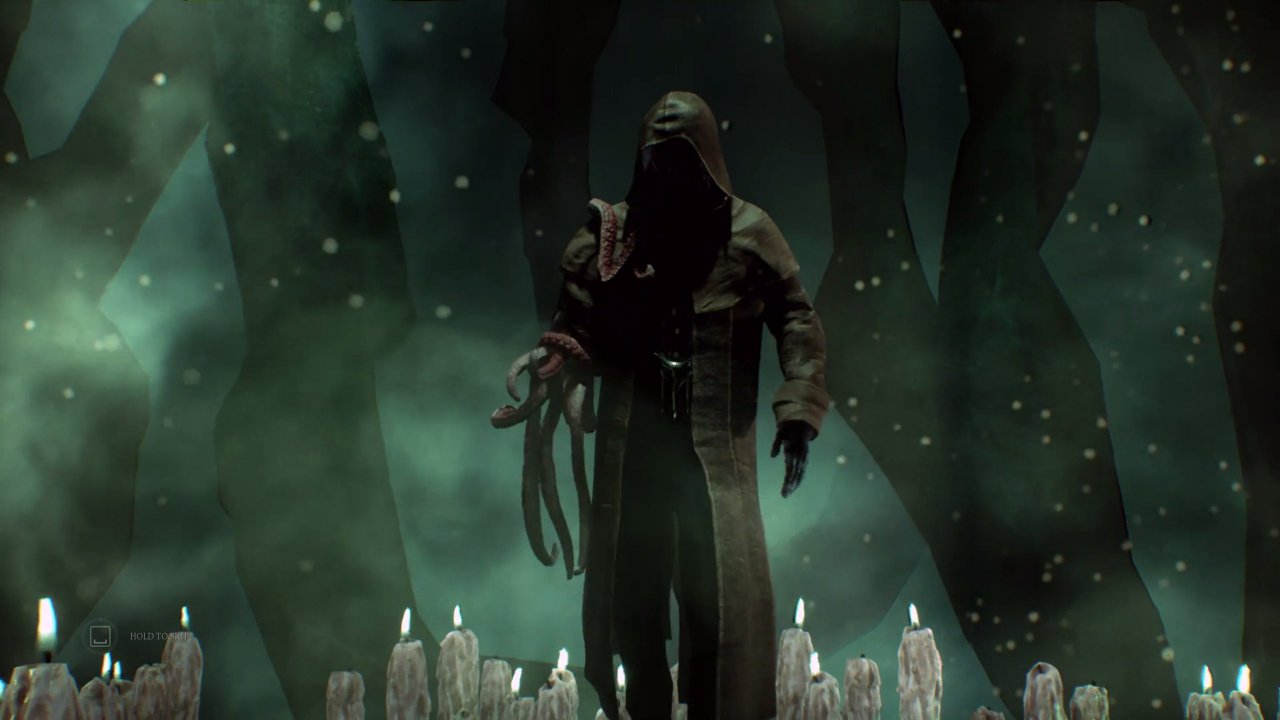

Hawkins suffered from severe mental stress and the sole painting she left behind was particularly disturbing. Why would he come all the way out to Boston, though? It turns out that Mrs.

That name isn’t ominous or anything - insert Brooklyn Nine-Nine cool, cool, cool, cool, cool meme here. As luck would have it, should a concept exist, an elderly gentleman shows up at your door with a “simple” request: investigate the mysterious death of the Hawkins family, especially its young mother-slash-artist, out on the island of Darkwater. The recurring nightmares certainly don’t help and neither does the sleeping pills you chomp down on a nightly basis. You’re on the verge of losing your license, yet purposely avoid hunting down new cases. It’s supposed to get in your head, not in your face.Ĭall of Cthulhu Colon The Official Video Game tells the tale of a down on his luck private investigator named Edward Pierce, set in 1924 Boston. This isn’t a great horror game, but it is a damn good (here we go again) Lovecraftian adventure that favors atmosphere, consequences, and narrative instead of being swarmed by a constant barrage of monsters. It’s as much an adventure game as it is horror, and while some genre faithful may find the slow-burn narrative and pacing, the branching conversations, and skill trees often found in RPGs to be a turnoff, I beg to differ. This is very much a first-person horror game steeped in otherworldly mysticism and monstrosities, but also heavily leans into the “role-playing” aspect when it comes time to solve puzzles and converse with the locals. With the subtitle “The Official Video Game” slapped onto the box, it’s important to remember where the inspiration came from. Rather than basing their work solely on the writing of Lovecraft, however, the developers at Cyanide were mostly inspired by the 1981 pen and paper RPG of the same name when they took over development duties after Frogwares (known for their Sherlock Holmes games) left the project. Lovecraft’s name is synonymous with horror (and racism and xenophobia) and plenty of writers are inspired by his earlier works, but rarely is the term Lovecraftian used as anything meaningful - it’s like calling a game a Soulslike or a Doom clone, which have become throwaway, generic blanket terms in their respective genres. When it comes to describing horror games, the term “Lovecraftian” gets thrown around whenever it’s time to talk about gross monsters, loss of sanity, and a general fear of the unknown.


 0 kommentar(er)
0 kommentar(er)
